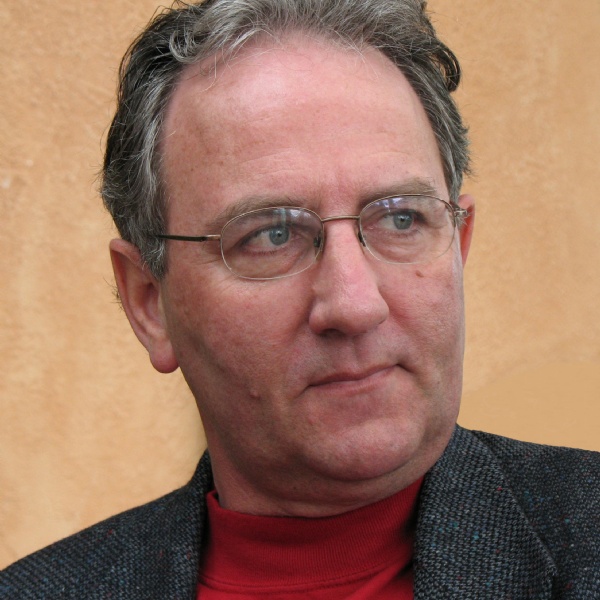Major determinants of cancer growth and spread include damage to and loss of mitochondria, and the level of fermentative metabolism. While these foundation concepts have been known for generations, they have not been translated into clinical oncology practice.
Shifts in nutrient sensing pathways, cellular acidification, and hypoxia influence mitochondrial function, and can trigger a turn towards a fermentative metabolism. The role of nutrition in carcinogenesis has been ignored in favor of a doctrine of random causation, largely due to a lack of understanding of nutrition as medicine. Random genetic mutation theory and the clonal hypothesis have left practitioners feeling helpless to prevent cancer. In fact retrograde signaling from mitochondria to nuclear chromosomal DNA and epigenetic switches regulating gene expression and mutation repair, are emerging as treatable targets for cancer care and prevention.
A thorough review of dietary, nutraceutical, botanical, and pharmaceutical modulators of mitochondria and the OxyPhos/glycolytic balance will be presented. Posology, contraindications, interactions, and clinical management of remedies are provided. Further, a preliminary review is made of the epigenetic strategy to reprogram cancer cells back to assymetrical mitosis. Candidate remedies and dietetics will be shown which may actually heal cancer cells.
Learning Objectives
Following this activity, participants should be able to:
- Describe the causes of mitochondropathies, including drugs, toxins, malnutrition and sedentary lifestyle
- Prescribe for the resuscitation of damaged mitochondria, and the biogenesis of new replacement mitochondria
- Address the epigenetic modulation (eg methylation, histone acetylation) of chromosomal DNA to reprogram metabolism back to a state of health
- Encourage dietary and lifestyle supports of mitochondria and epigenetic controls in every comprehensive treatment plan
- Prescribe with due regard to mitochondrial impacts
- Act to prevent cancer via nutritional and pharmaceutical metabolic regulation
CE CREDITS
CONO: Category A: General – 1.5 credit
British Columbia: Category C- General -1.5 credit
AANP: General – 1.5 credit
OANP/OBNM: General – 1.5 credit

Dr Neil McKinney, BSC, ND, NATUROPATHIC PHYSICIAN (NON-PRACTICING)
Dr McKinney graduated from Simon Fraser University with a degree in Biosciences and had a career in biophysical (radiation) cancer research. Studied kinesiology at the University of Waterloo. Graduated as a Doctor of Naturopathic Medicine from National College of Naturopathic Medicine in 1985. Concurrently trained 3 years in TCM at the Oregon College of Oriental Medicine.
Dr McKinney has had many teaching roles, from lab instructor in microbiology at University of Victoria, and National College of Naturopathic Medicine (now NUNM), at schools of traditional Chinese medicine, massage therapy, and finally as a professor at Boucher Institute of Naturopathic Medicine (BINM). Served many roles in the regulation and advancement of the profession, including Registrar of the BC College of Naturopathic Physicians www.cnpbc.bc.ca and accreditation evaluator for the Council on Naturopathic Medical Education www.cnme.org Founded the BC Naturopathic Association www.bcna.ca and the Boucher Institute of Naturopathic Medicine www.binm.org Founding professor of Naturopathic Oncology, now retired. Author of several editions of textbooks of naturopathic oncology, clinical handbooks, and research review articles. Mentors and lectures to doctors internationally; contributes to publication for professionals and the public. He has received a number of awards for contributions to advancing the scope and standards of the naturopathic profession.
Dr McKinney’s skills include nutrition as medicine, traditional Chinese medicine, botanical medicine, homeopathy, and therapeutic injections, but has now moved to non-practicing status. Dr McKinney had prescribing authority for common pharmaceutical medicines used in general practice and cancer care. Now retired from decades of practice with a focus on integrative oncology, he is actively engaged in cancer research, professional education, and publishing.

